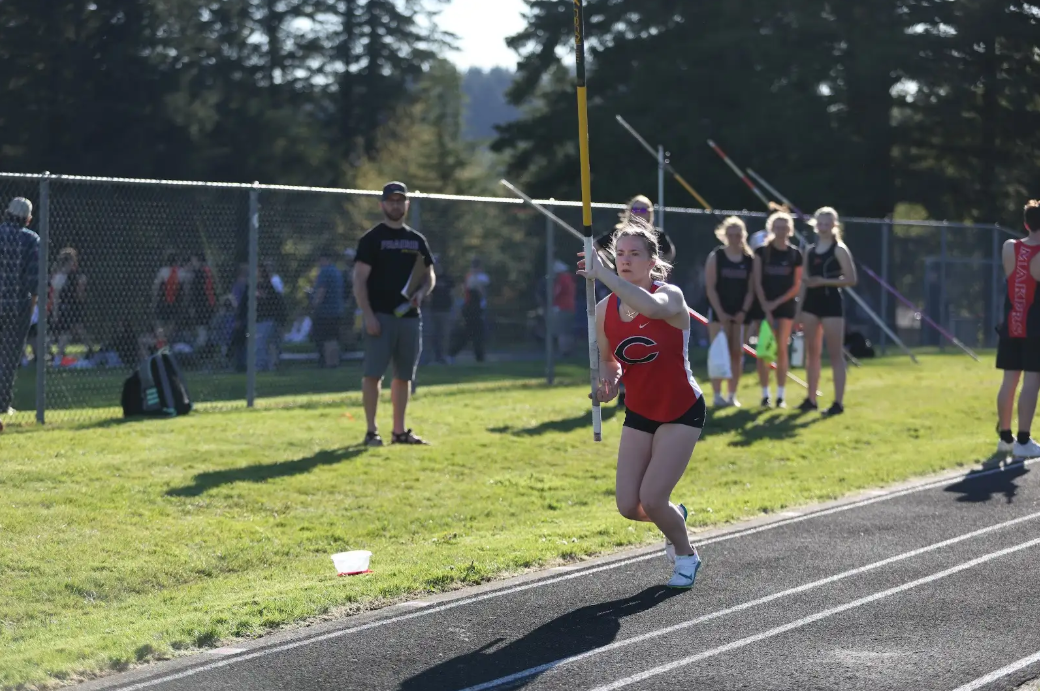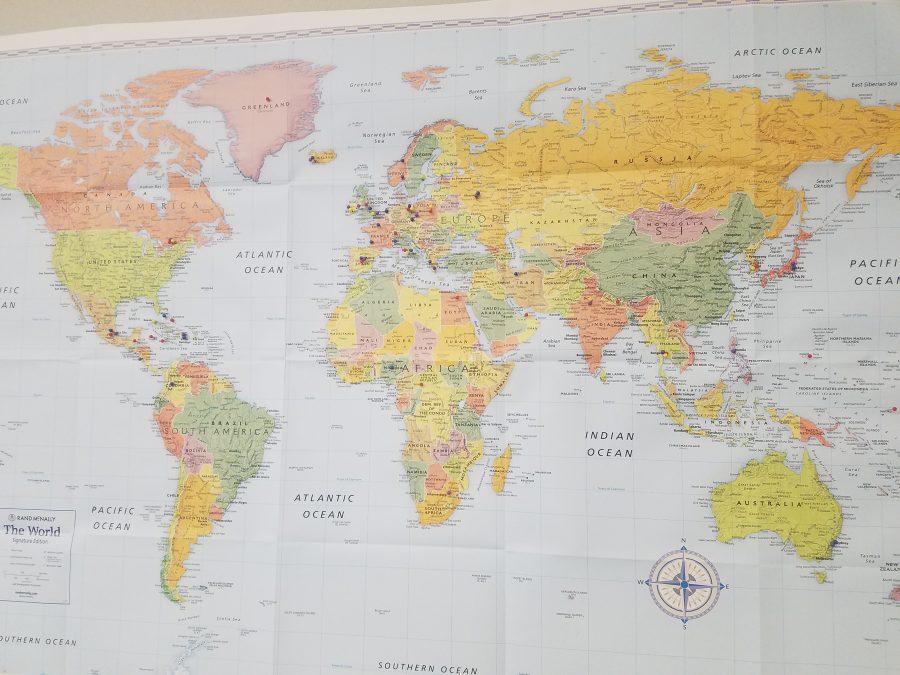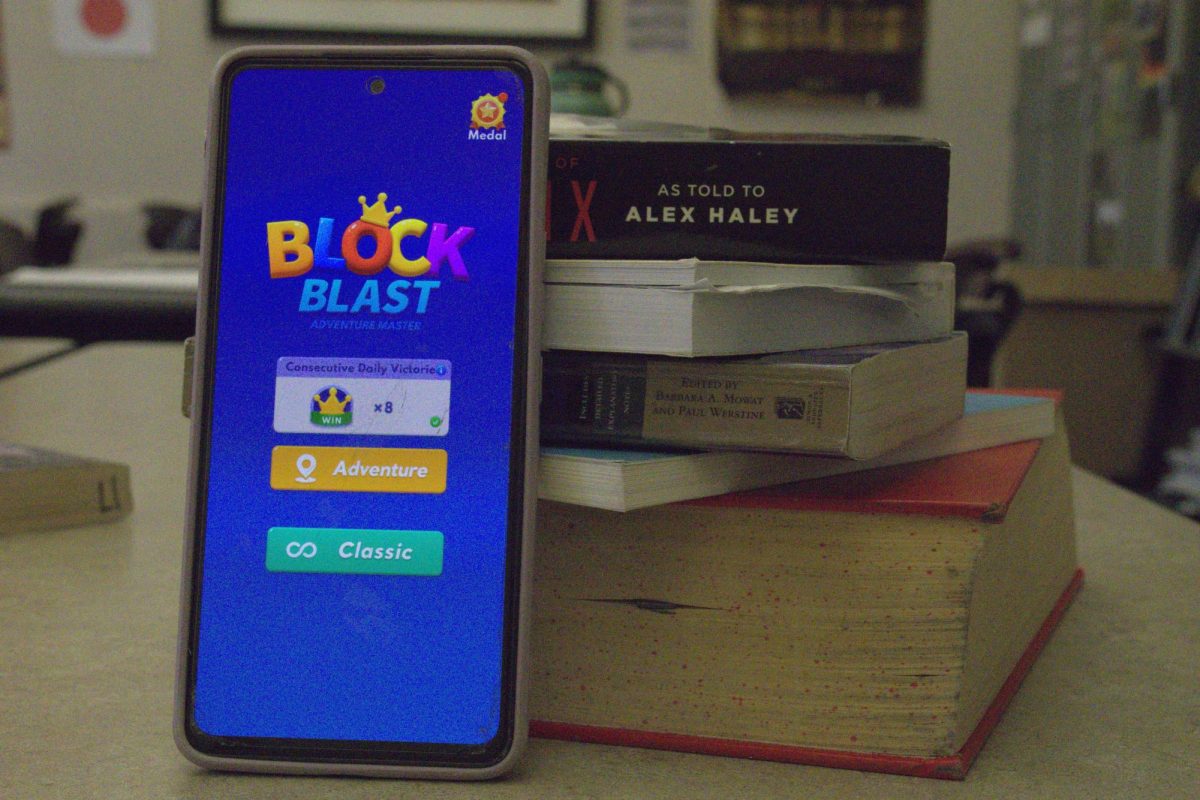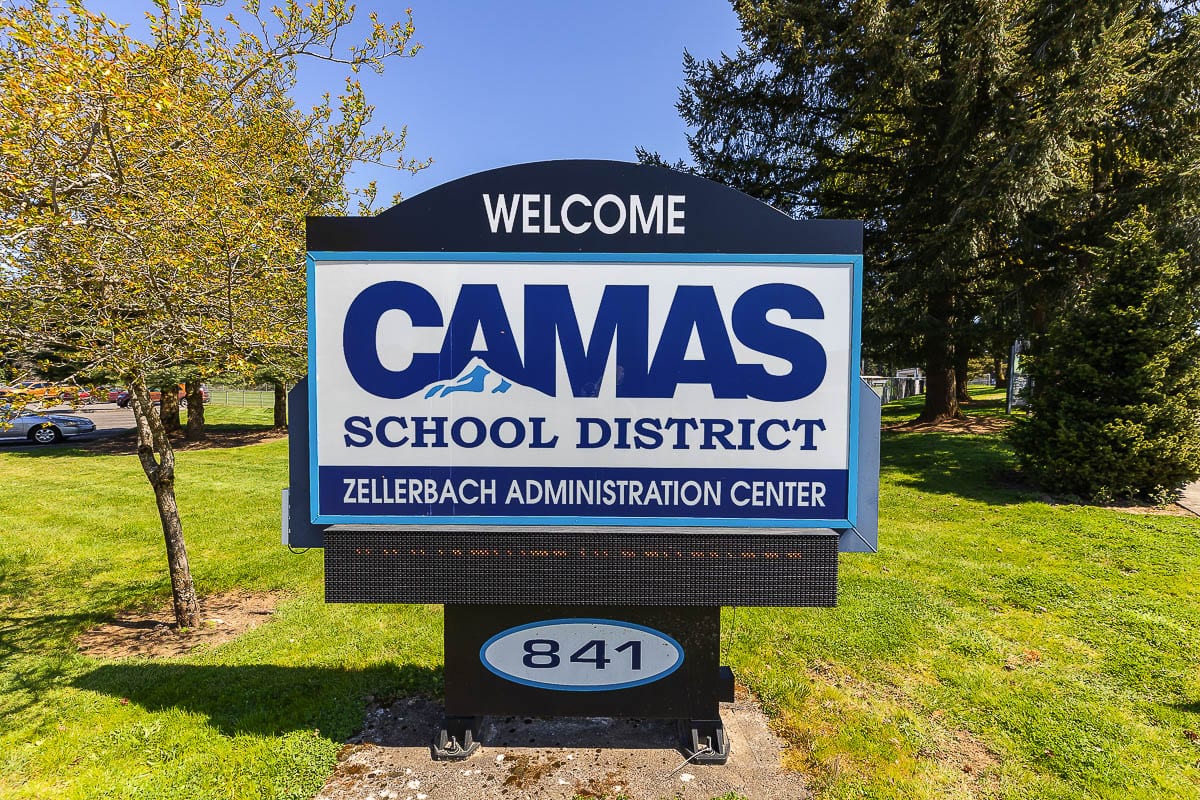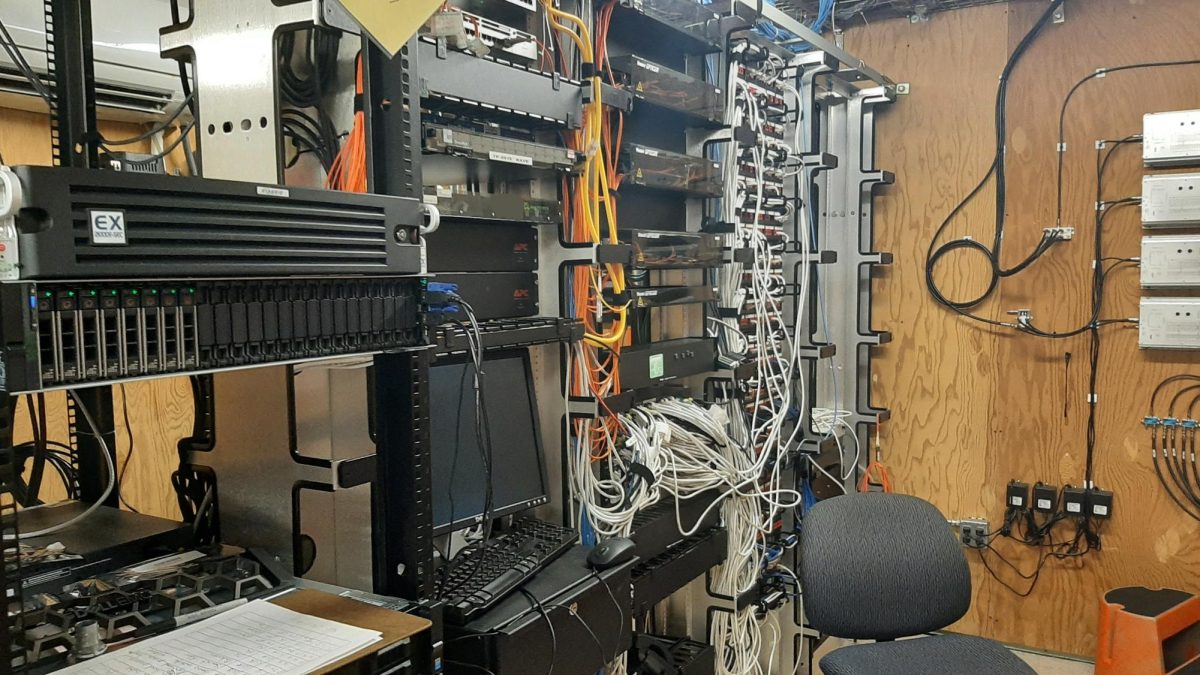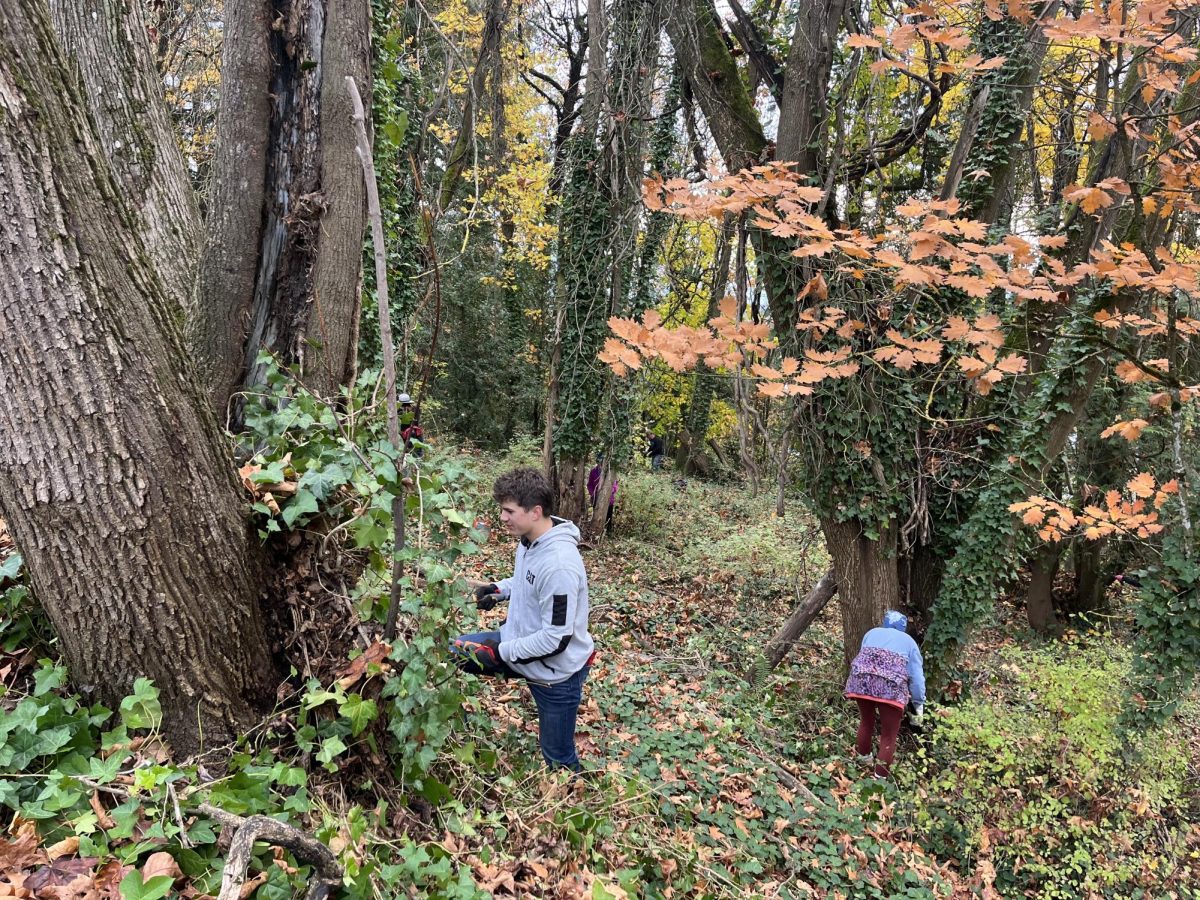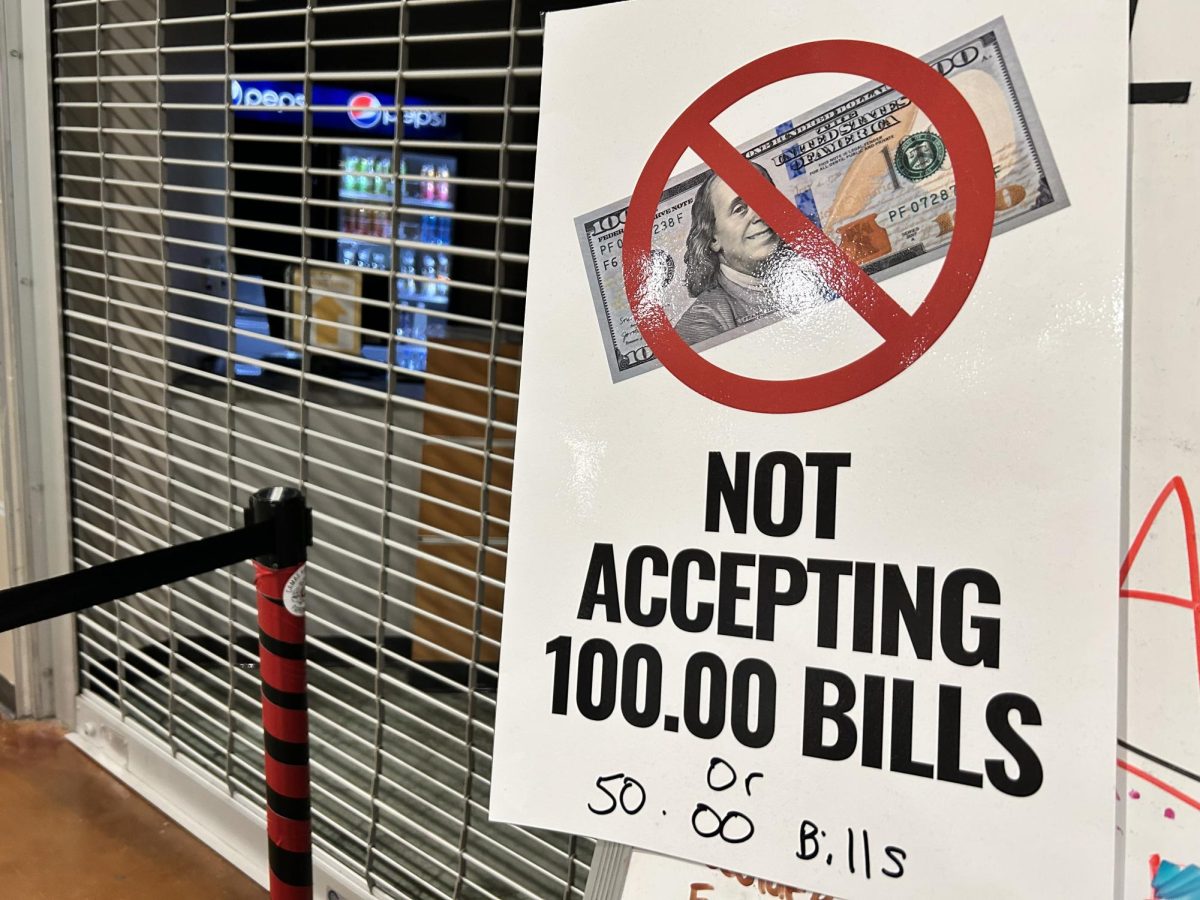Here are some students who know more than the commonly spoke language at CHS, English.
To start: Yu-Hsin Lai, or better known by her friends as Cindy, is one of the bilingual seniors at Camas High school. Originally Lai was born and grew up in Taiwan. Growing up she learned mostly Chinese but was also taught English in one of her classes. Five years ago, she began living in the United States after moving here in 2014.
One of Taiwan’s holidays that Lai used to celebrate with her family is the Mid-Autumn festival (Moon festival). This holiday is celebrated in September and involves getting together with friends and neighbors at a barbeque and gazing at the moon together. After she moved, Lai hasn’t been able to celebrate that holiday anymore.
“A hard thing about knowing multiple languages is that a lot of time I could not find the word in English to describe something while I could describe it in Chinese.” Lai states; “I also sometimes accidentally speak Chinese to my English friends”. These are some struggles she deals with occasionally, since Chinese is her primary language so she usually resorts to it. But knowing another language has also benefited Lai in being more helpful with foreigners while in Taiwan. “A few years ago I visited Taiwan during the summer and one day I saw a foreigner in MRT [a subway in Taiwan] and he looked confused, so I went up and asked him if there was anything I could do to help him,” Lai explains.
In the future, Lai wants to learn Japanese because the culture is intriguing to her. She also thinks her second language could benefit her job-wise. Lai wants to be an engineer or a teacher, so knowing Chinese could help her if she wanted to translate or become a Chinese teacher specifically.
–
Mona Uemura, another senior at Camas High school, was originally born in Germany. Due to her dad’s job, she later moved to Japan, moving constantly around that country. Three years ago, when she was 14 or 15, she moved with her family to Camas, Washington.

Uemura originally spoke only German, but when her family moved to Japan she relied on speaking only Japanese. “Because both my parents are Japanese and because I went to a Japanese school while being raised, I started to consider Japanese to be my native language,” Uemura stated.
Sadly, since Uemura moved to Japan her German started to become out of touch since she didn’t use it as often. She even states that she believes one of the hardest things from knowing multiple languages is forgetting words to others. Once she moved to America and started learning in English for the three years she’s been here, Uemura started to forget German even more; because of this, she has started studying more German.
As for culture, Uemura states: “Since we moved around a lot we don’t really have a typical culture thing. But, we always eat Japanese food and such, so I think those are the only cultural things we still have.” For future plans, similar to Lai, Uemura states she could use her skill of knowing more than one language to help her with a future job.
–
Jessica Ciobanu, a junior, is another bilingual student at CHS. She was born in America and grew up here in Vancouver WA. Despite this, she immediately started to learn and live the Romanian culture. This was because her parents grew up in Romania, and they wanted to continue its culture. “I started learning my second language when I was very young. I’ve been speaking Romanian for as long as I could remember.” Ciobanu states. Some cultural things she does with her family are eating classic Romanian foods and attending a Romanian church every Sunday. This is also where she uses her second language most often, aside from when she’s at home with her family.
Some obstacles she runs into occasionally due to knowing two languages at once are confusing the two languages around: “Sometimes I confuse the two languages and I’ll go from speaking English to Romanians or try to speak Romanian to people who don’t speak it,” she explains. If there are negatives there usually are some positives to this as well, such as what she says is “having the ability to speak to people from another country and being able to connect with them.”
Currently, Ciobanu plans to learn French and Italian. She also hopes to use knowing Romanian as a benefit to her career in the future, “I think being bilingual has its perks in the workforce. Being able to speak to someone who is Romanian and cannot speak English would help them out,” Ciobanu explains; “Since I want to pursue nursing, I think being bilingual would be beneficial to anyone who doesn’t speak English and needs or wants to know what is going on.”











